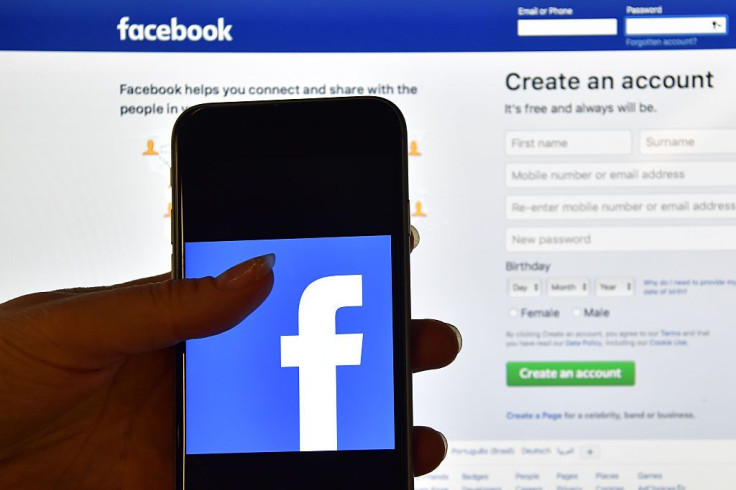Stories Could Save Core Facebook Engagement

Engagement on Facebook's (NASDAQ:FB) flagship app has fallen in the past couple of years amid privacy scandals and intentional changes to the News Feed. While user numbers continue to climb, the amount of time the average user spends in the app or on the website is declining.
One product that might turn things around is Facebook Stories. CEO Mark Zuckerberg admitted to making some missteps with the Facebook version of its Stories feature, but now it's picking up steam. The company announced it now has 500 million daily users, a similar count to Instagram Stories and WhatsApp Status, both of which got off to much-stronger starts. What's more, a recent survey from Cowen found engagement continued climbing in the second quarter, with the share of respondents using Facebook Stories rising about 9% compared to the first quarter (36% versus 33%).
Growth in Facebook Stories will help stave off declines in engagement for core Facebook, but monetization will lag.
Moving away from the feed
Facebook has increasingly focused on emphasizing personal sharing. The Facebook News Feed had become crowded with news stories and viral videos, all of which are available elsewhere on the internet. That content, in effect, diminished the value of Facebook -- even if users were spending time consuming it. Importantly, it's hard to monetize time spent reading articles on other websites or watching videos in the News Feed.
Facebook has made some changes to the News Feed to increase the amount of personal content from friends in the feed. Stories, by their nature, are practically entirely personal content. And since it's content users are unlikely to see anywhere else, the format keeps drawing them back on a regular basis, and encourages them to share their own Stories. That flywheel effect is seen in the recent growth of the feature after its slow start.
With over 500 million daily users, Facebook Stories still accounts for less than one-third of Facebook's total daily user base, which totaled 1.56 billion as of the end of the first quarter. By comparison, Instagram Stories' 500 million users represents about half of the app's 1 billion monthly active users. (Facebook doesn't release DAU numbers for its other apps.) In other words, there's a long way for Facebook Stories to go.
Stories isn't the only area of focus for Facebook's core app outside of News Feed. The company's Watch platform features curated video content, including several Facebook originals. Watch may serve as a replacement for more passive video viewing that used to take place in News Feed, but engagement may be more valuable since users are more active in the viewing decisions. So far, Watch has 140 million daily active viewers averaging 26 minutes per day. It's seen considerable growth in the first half of 2019.
Figuring out monetization
Facebook has gotten very good at monetizing time spent scrolling through feeds of content. It's had about seven years of experience doing it. Likewise, marketers have gotten very good at figuring out what works in Facebook's feeds in order to maximize the value they get from their sponsored posts. That makes them willing to spend higher and higher prices every year for a Facebook or Instagram ad.
Monetizing Stories, on the other hand, is still in its early stages. Users consume Stories very differently from the way they scroll through a feed. Facebook is still figuring out what types of ad formats and what level of ad loads work best in the product. Marketers are still trying to determine how to cater their message to the Stories format.
So far, Facebook has grown ads in Stories by using things like automatic placement. When a marketer decides to advertise on Facebook, they can opt for Facebook to optimize that campaign by placing ads where they produce the greatest value for the money. It's able to place ads in Stories because the average price per ad in this feature is considerably lower than a feed ad, not necessarily because they lead to more conversions.
Ultimately, Facebook and its advertisers will determine the best way to engage the audience in Stories to maximize conversions. Nobody knows for sure if Facebook will be able to monetize engagement in Stories better or worse than it does engagement in feeds, but the trend so far is going in the right direction. With continued growth in Facebook Stories engagement, Facebook should be able to mitigate any negative impact from declining News Feed engagement.
Randi Zuckerberg, a former director of market development and spokeswoman for Facebook and sister to its CEO, Mark Zuckerberg, is a member of The Motley Fool's board of directors. Adam Levy owns shares of Facebook. The Motley Fool owns shares of and recommends Facebook. The Motley Fool has a disclosure policy.
This article originally appeared in The Motley Fool.




















